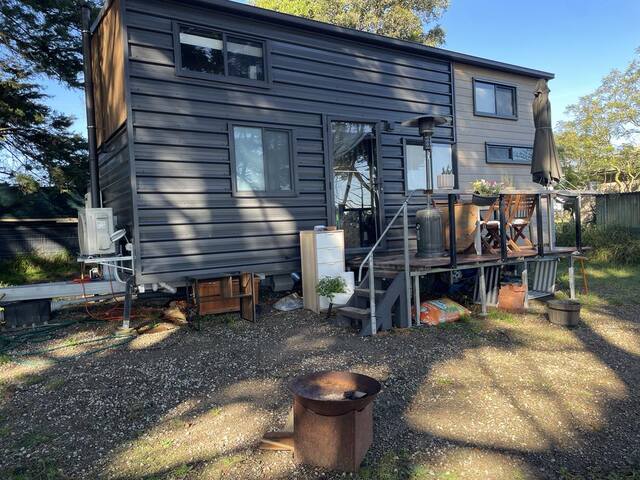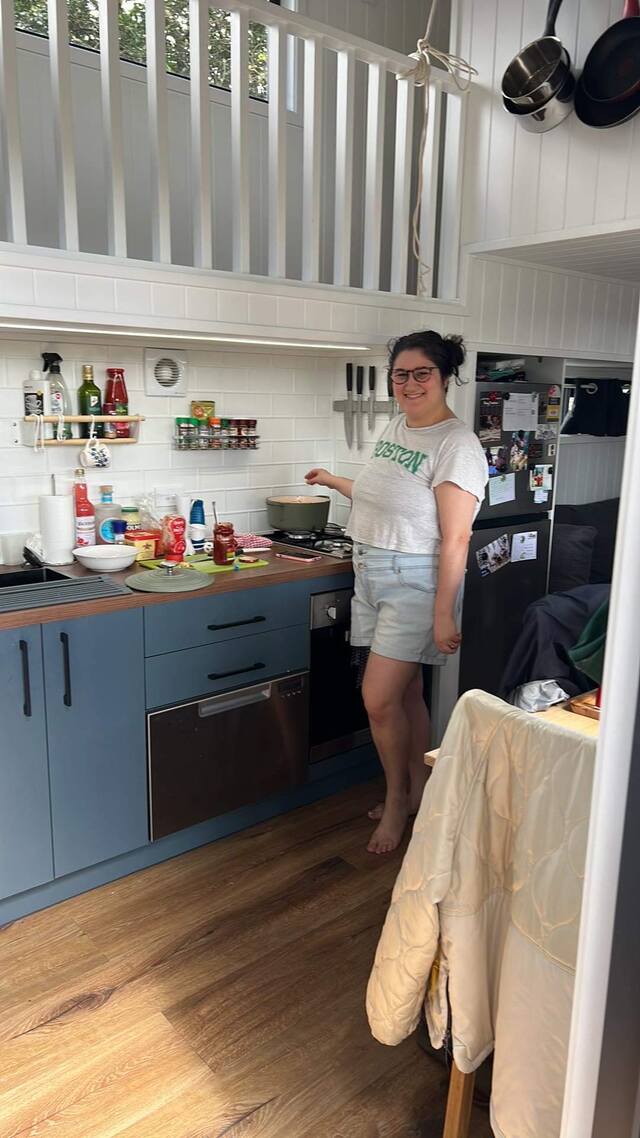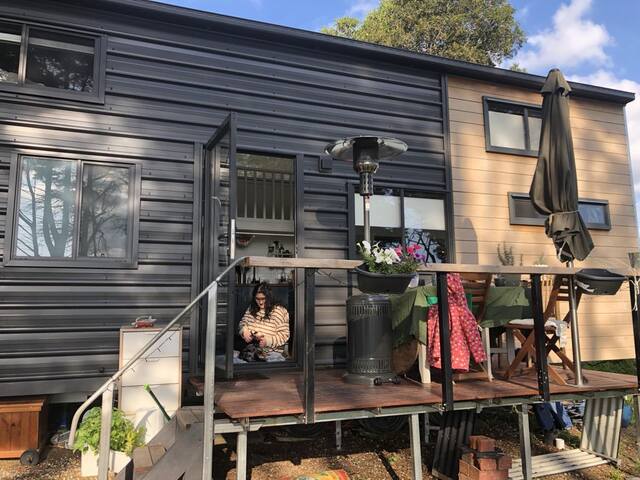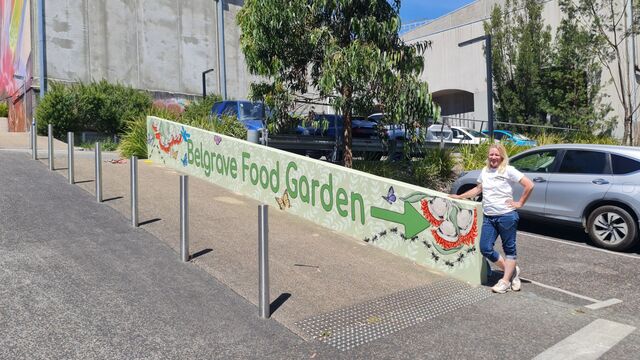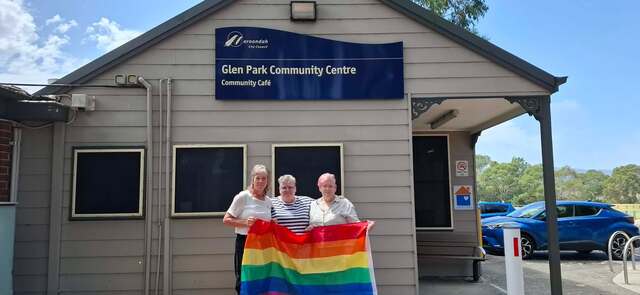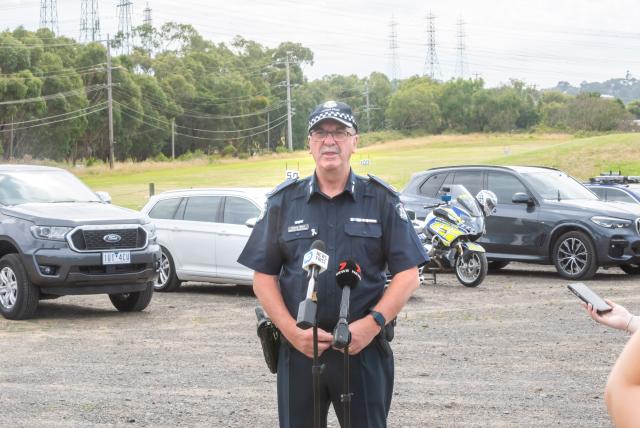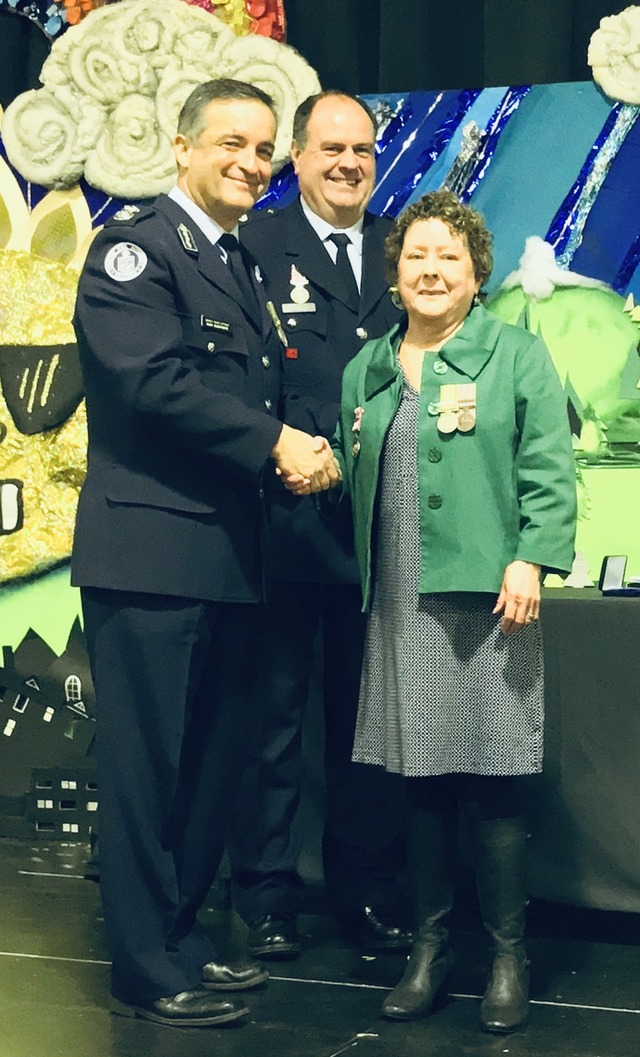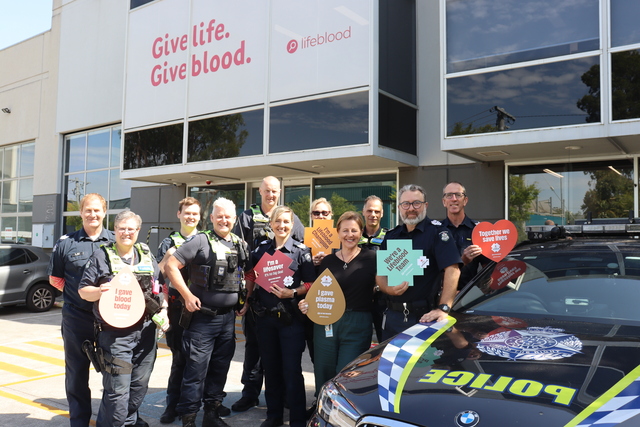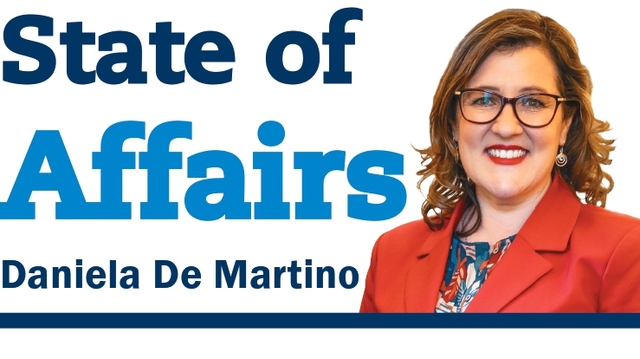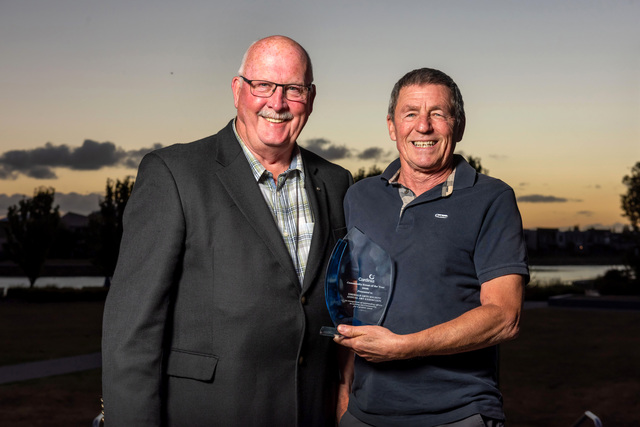What began as a hopeful plea to the Yarra Ranges Council for flexible housing options has ended in disappointment for the Belgrave South tiny house resident, Evrim Sen and partner Benny.
Despite the initial support from councillors, a recent decision by council staff has forced the couple to prepare to leave the area they’ve called home for the past three years.
The petition, which gathered over 1000 signatures – more than half from within the Yarra Ranges – called for a clearer permit process that would allow residents to live in caravans or tiny homes on wheels on private property.
It was met with warm reception at a council meeting in late March – as previously reported in the Ferntree Gully and Ranges Trader Star Mail. Yet, despite this support, the council advised the couple they would need to vacate or face legal action under a building order.
“I was hopeful, we thought we could be part of developing a pilot program. Instead, we’re being told there are no conditions under which we can legally stay – even temporarily,” Ms Sen said.
Ms Sen and her partner’s situation is complicated by the fact that tiny homes fall into a grey area between transport and accommodation legislation.
While their tiny house meets all transport requirements, council staff have interpreted state planning laws to mean that anything lived in for an “extended period” must comply with building codes – regardless of safety certifications or mobility.
“It doesn’t seem to matter that our home is off-grid, has an electrician’s certificate, a gas certificate – all the things that make it safe,” she said.
“To council, it’s still considered an illegal dwelling.”
Other Victorian councils, like Cardinia Shire and Surf Coast Shire, have implemented more flexible policies, offering permits for up to two years for those living in caravans or tiny houses on private land. But Yarra Ranges has not followed suit, citing legal uncertainty and concerns about emergency access and bushfire risks.
“Temporary, according to Cardinia, is two years,” Ms Sen said.
“According to Yarra Ranges? They say a couple of weeks. It’s arbitrary and it’s confusing.”
The decision means Ms Sen and her partner Benny, who moved to the region for its community and environment, will have to leave.
“We’re looking at Gippsland now, it’s heartbreaking – we volunteer here, our families are nearby, but staying just isn’t safe anymore,” she said.
The impact stretches beyond just one couple. Ms Sen said they’ve heard from at least ten other local tiny house residents who are now unsure of their future.
Dayne Barkley, another tiny house resident facing similar uncertainty, shared how the council’s stance has affected his own life.
“It adds the extra pressure and unnecessary stress and admin to my life not knowing how they will respond and may force me to take legal action which will cost money and time,” Mr Barkley said.
“I already have a significant amount of personal challenges to deal with and the insecurity of my living situation with no alternative is troubling.”
When asked if he had received any assistance navigating the situation, Mr Barkley said, “no support apart from family and friends. Currently seeking legal support to understand and know my human rights.”
“People are trying to do the right thing, but they’re navigating a cost-of-living crisis, a rental crisis, and a housing market that’s out of reach. Tiny homes offer hope. And yet here we are,” Ms Sen said.
Mr Barkley echoed her sentiments, offering a vision for a more constructive path forward.
“To consider each individual circumstance and case and have a cooperative relationship to make it work rather than hiding behind a computer and blanketing it all because they don’t want to deal with global change and the solutions to the current housing climate,” he said.
“My advice would be to seek legal advice and know exactly your rights,” he said.
“Don’t let the intimidating and inhumane behaviour of the council deeply impact your life. Change needs to happen.”
The Yarra Ranges Council was approached for a response regarding the issue.
The couple praised some council staff, especially the housing officer who acknowledged the severe lack of affordable and at-risk housing in the area – but they feel more transparency and consistency across council departments is badly needed.
With a Municipal Association of Victoria (MAV) meeting scheduled for May, tiny house advocates hope the issue will finally receive coordinated attention at the state level and Ms Sen remains determined to advocate for policy change – even if they must do so from outside the shire.
“It’s devastating to leave. But we’ll keep helping others where we can. This isn’t just about us – it’s about everyone trying to find safe, affordable housing in a broken system,” she said.
Residents are encouraged to contact their local ward councillors to voice support for a permit process that allows people to live in caravans and tiny homes legally on private property.
“We need sustainable, sensible solutions,” she said.
“Tiny homes can be part of that, we just need the courage to make it happen.”

